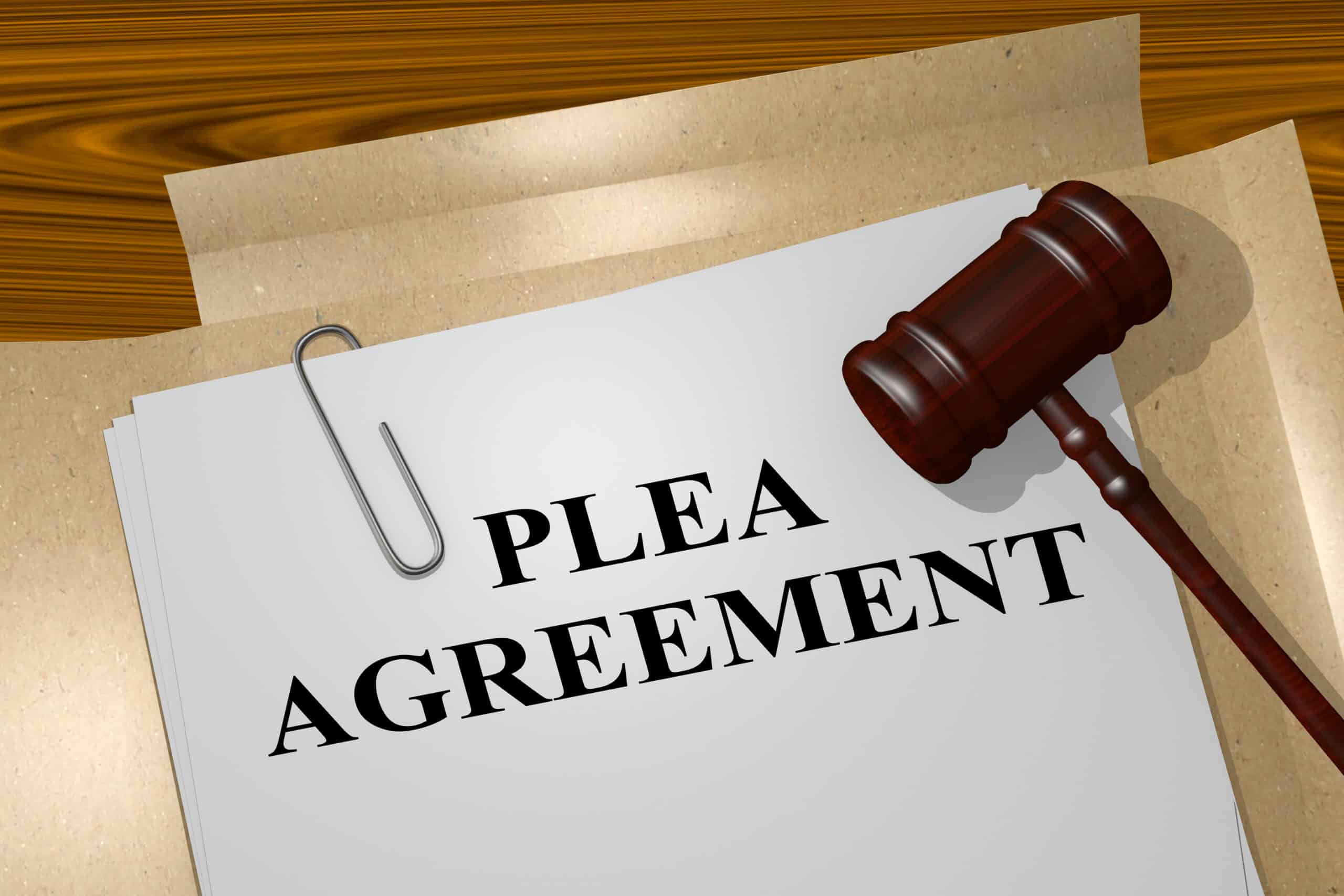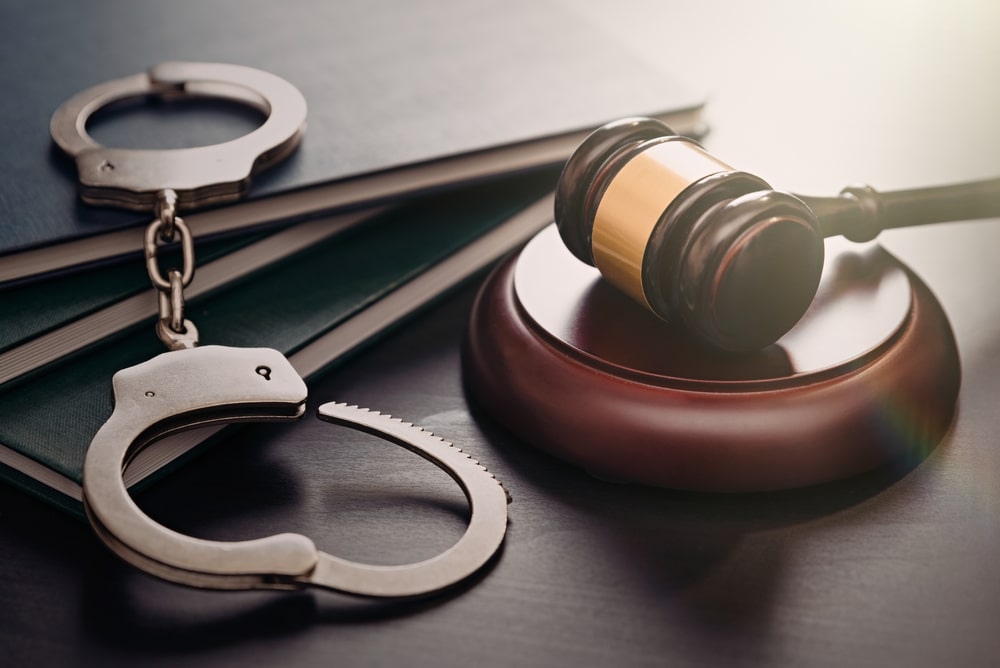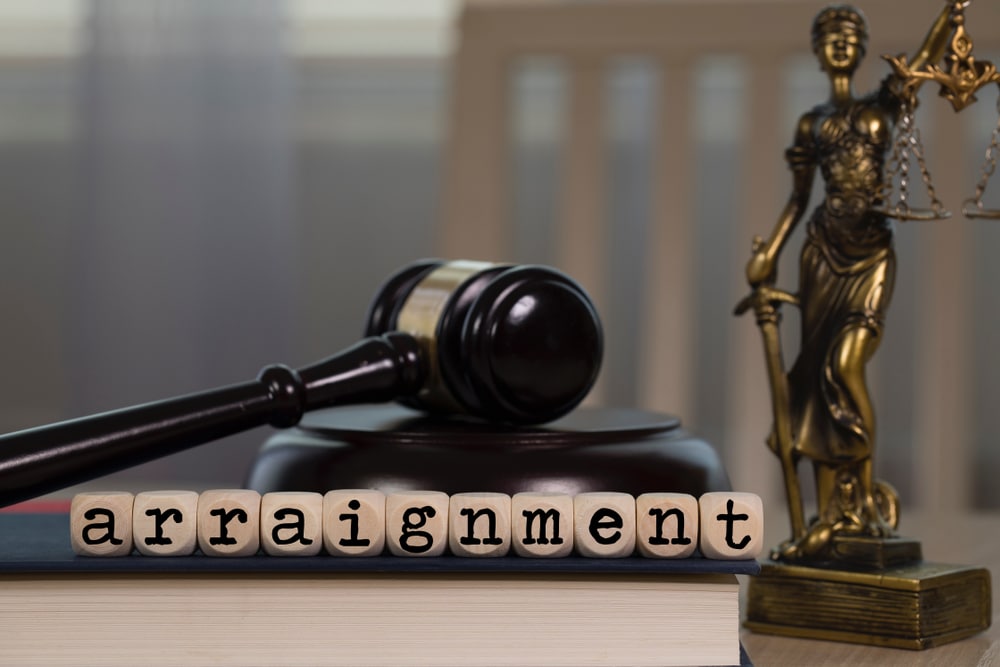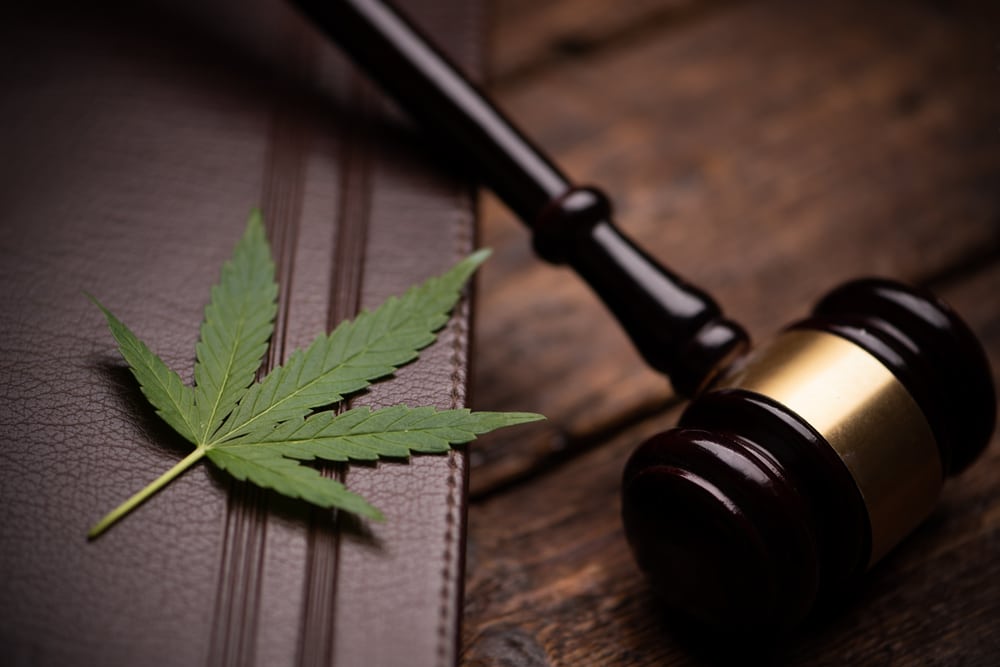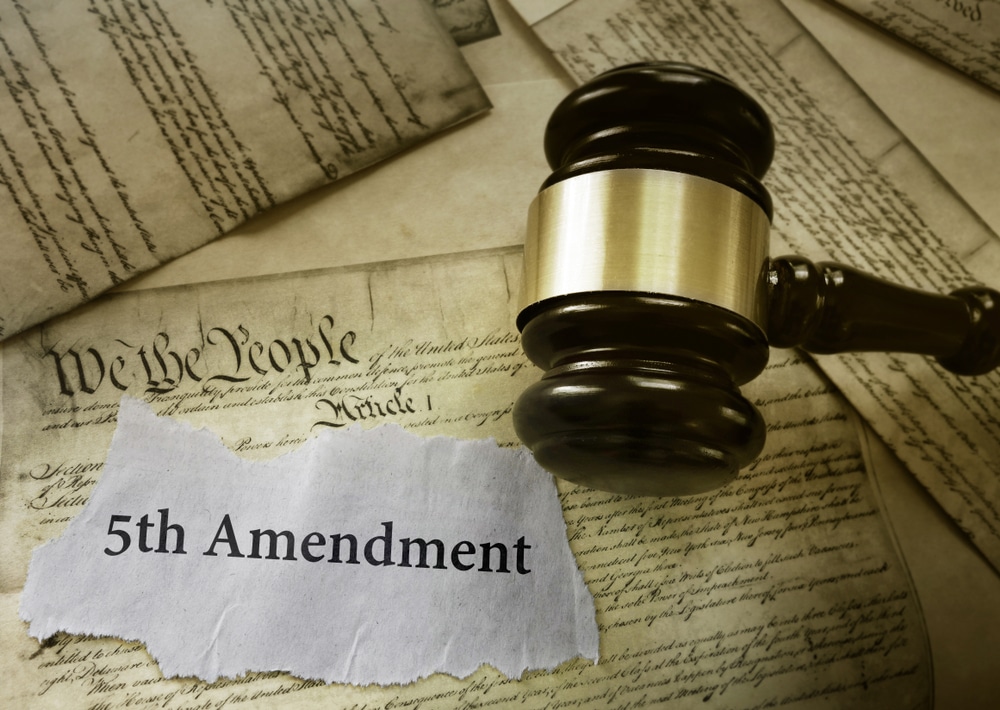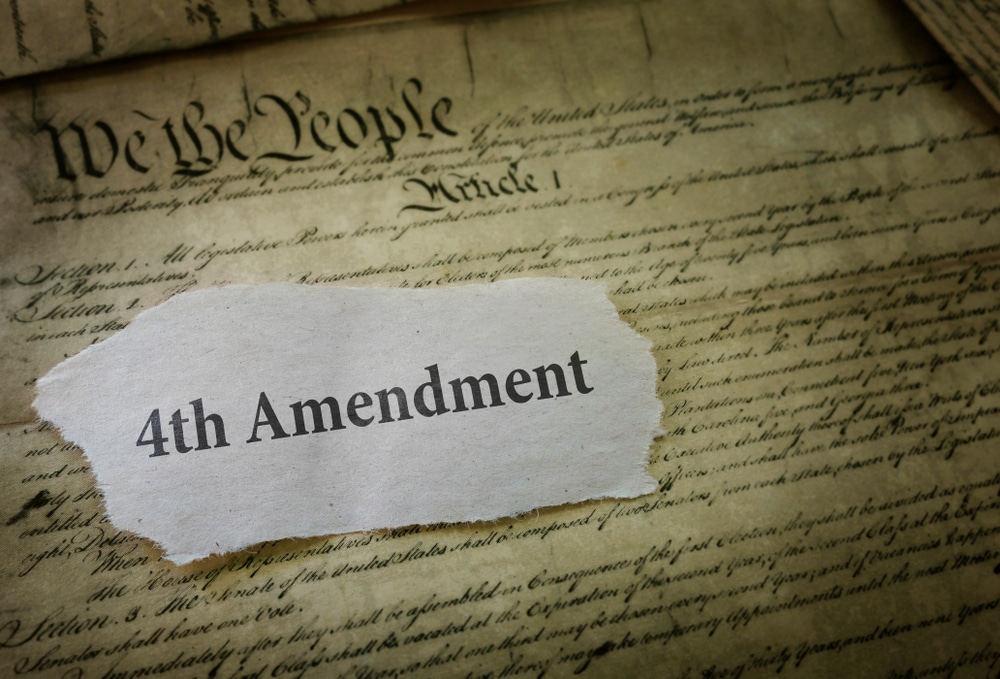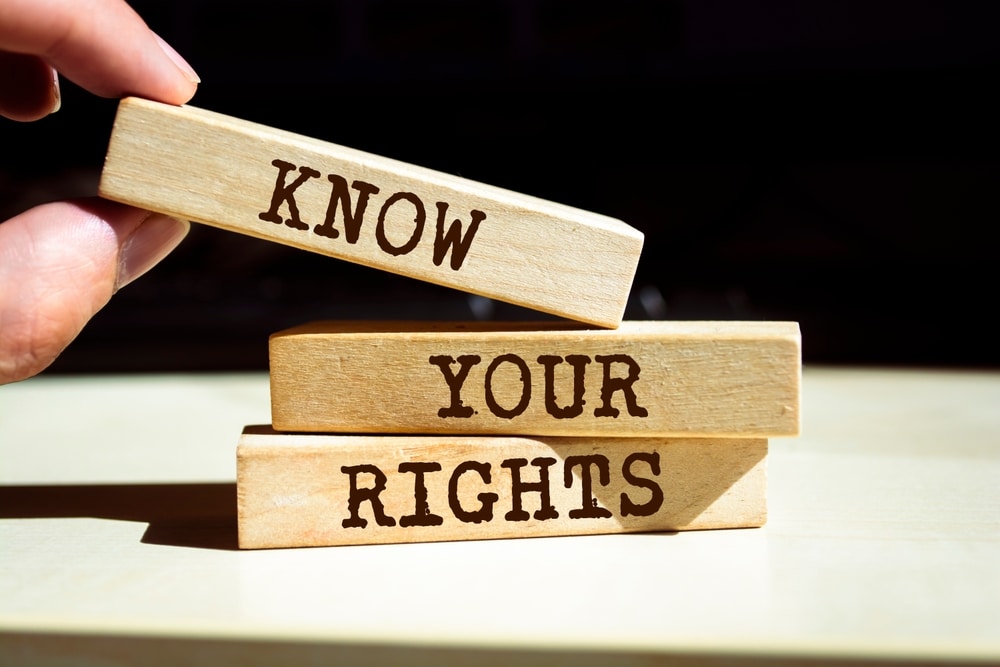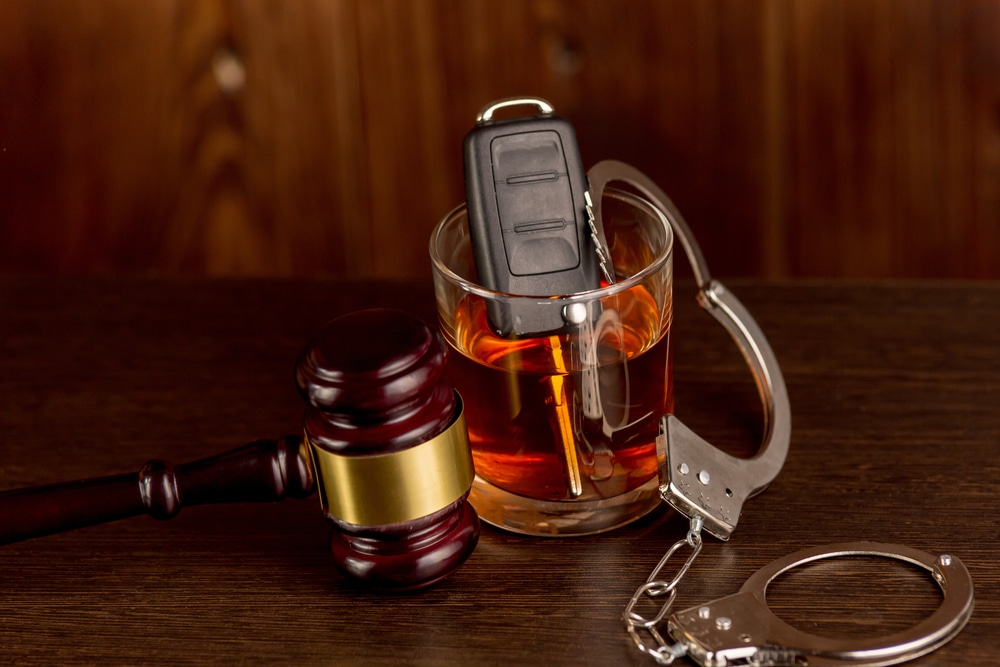If you’ve been charged with a crime, the prosecution may offer you a plea deal. Depending on the circumstances, a plea bargain can provide you with specific benefits such as a lesser sentence — and the certainty of knowing what your penalty will be. But no matter how favorable the plea deal you’ve been offered might seem, it’s crucial to understand the potential consequences.
What is a Plea Bargain?
A plea bargain is an agreement made between the defendant in a criminal case and the prosecution. When a defendant accepts a plea deal, they are willing to plead guilty to reduced charges or a lesser offense. Typically, a plea bargain is reached after negotiations between the defendant’s attorney and the prosecutor.
Since courts are often overwhelmed with hundreds of cases and a criminal trial can last from several days up to a few months, plea bargains are used to help reduce the burden on the court. But they can also save a defendant time and money — and potentially result in a better outcome than would be obtained at trial.
The Benefits of Accepting a Plea Bargain
Once you accept a plea bargain and appear before the court on the record, your case is effectively over. You won’t need to proceed to trial or have your case heard by a jury. A plea bargain can be entered into at any time up to the date of trial. However, the judge must still approve the plea bargain and decide the sentence.
There are several benefits to accepting a plea bargain. In some cases, you may be able to serve less time in prison. You might also be able to avoid jail entirely and be sentenced to probation or community service. Additionally, a plea bargain can mean fewer or less serious offenses on your criminal record which is important if you’ve had prior convictions — or are charged with another crime in the future. For high-profile or well-known individuals, a plea bargain can help them avoid the negative publicity that can come with a trial.
Disadvantages of Accepting a Plea Bargain
Despite the predictability a plea bargain can offer, you must be aware of the impact it can have on your life and livelihood. Although it can lead to a faster resolution, by entering into a plea deal, you are giving up three essential rights that are afforded to you under the Constitution. Specifically, when you accept a plea bargain, you forego the right to:
- Confront your accuser
- Have your case heard before a jury
- Not incriminate yourself
Critically, when you accept a plea bargain, you are required to confess to the crime and plead guilty. In doing so, your life could be affected in many more ways than by serving time in jail.
Since you will have a conviction on your record by entering into a plea bargain, it’s vital to carefully consider the potential collateral consequences. For instance, a plea bargain could adversely impact your ability to hold specific types of jobs or choose certain housing. If you are a student, plea bargaining can result in loss of financial aid. Depending on the circumstances, a plea bargain could also affect immigration status, as well as your right to adopt or foster a child.
Contact an Experienced New York Criminal Defense Attorney
Entering into a plea bargain is not a decision that should be taken lightly. Depending on the facts of your case and the evidence against you, it may be in your best interests to go to trial. A skilled criminal defense attorney can evaluate your case and advise you regarding the best course of action. The criminal defense attorneys at D’Emilia Law offer high-quality counsel and vigorous representation for those who have been charged with a wide variety of offenses and are dedicated to working toward the best possible outcome for every client. To schedule a consultation, contact us at 1-888-DEMILIA.

